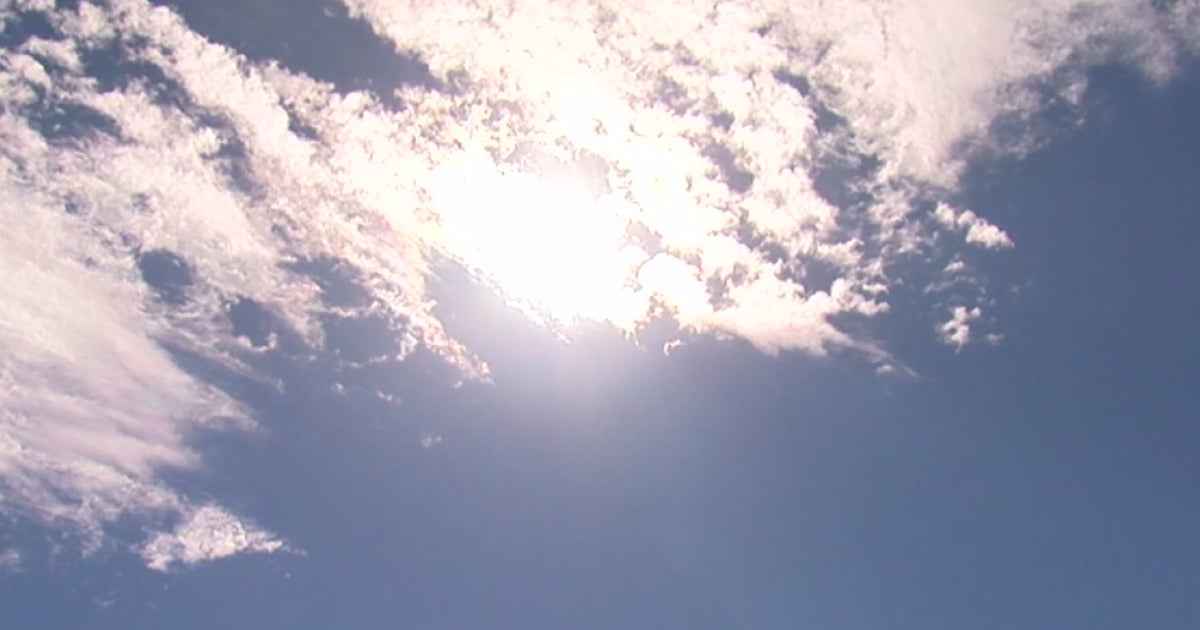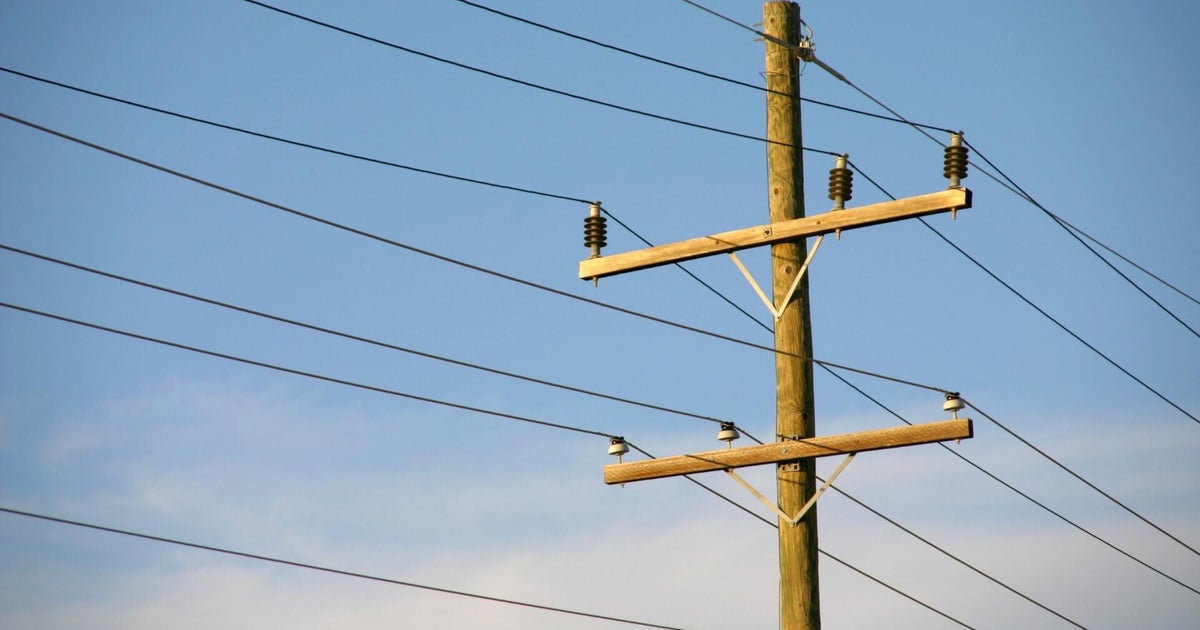Summer's record-high temperatures threaten to scorch the economy
A brutally hot weekend has cities across the Midwest and East Coast bracing for potentially record-breaking temperatures. Two people have died, including a 32-year-old former NFL champion who succumbed to heat stroke in Arkansas.
New York City has cancelled the OZY Fest and triathlon planned for this weekend and asked residents to keep their air conditioners set at 78 degrees in anticipation of power outages. Dozens of cities and towns have issued weather warnings or watches, reminding residents to avoid the sun, stay hydrated and utilize cooling centers for relief.
Public health professionals and environmental activists have long warned about the effects of extremely hot summers. The financial community is increasingly concerned as extreme weather, which is projected to become more common, is likely to have a huge impact on the U.S. economy in the coming decades.
Earlier this year, the Federal Reserve Bank of San Francisco named human-caused climate change as one of three major factors affecting the economy (along with an aging population and rapid technological change). In the extreme, "climate-based risk could threaten the stability of the financial system as a whole," the Fed wrote.
The letter cited recent research showing that hotter weather had already slowed U.S. economic growth and "could reduce overall growth of U.S. economic output by as much as one-third by 2100." To put that in perspective, the hundreds of billions in tariffs currently being imposed by the U.S., China and the European Union are estimated to reduce the U.S. economic product somewhere between 0.25 and 0.74 percent.
A reduction in the economic growth rate is more damaging in the long run than a drop in economic output, the cited research indicates, because "changes to the growth rate compound over time and, as a result, are more lasting."
Southern states are the most sensitive to changes in summer and fall temperatures, according to a paper published last year by the Richmond Fed. Auto plants reduce production when temperatures rise above 90 degrees, the paper noted. Services and the finance, insurance and real estate industries — the two largest sectors in the U.S. economy — are also hurt by higher summer temperatures.
"More housing transactions take place in the spring and summer, perhaps because house shopping involves travel and outdoor activity," the paper said. "As temperatures rise, potential homebuyers may tend to stay inside, which could help explain the finding that higher summer temperatures negatively impact the real estate sector."
Warmer-than-normal temperatures result in increased hospitalizations, creating more work and expenses for the insurance industries. Such weather also hurts agriculture, forestry and fishing.
But extreme heat can benefit other industries such as utilities and mining, which profit from increased energy use.
Heat also lowers food production and is credited with destroying an estimated one-tenth of the world's cereal crops between 1964 and 2007, according to a Nature article.
Writing in Science last year, scientists estimated climate change could erase as much as 6 points off U.S. GDP by the end of the century. Climate change will also redistribute wealth as workers flee from hard-hit areas to more resilient ones.
Last month was the hottest June recorded in the 200 years that humans have been keeping track, according to the National Oceanic and Atmospheric Administration. And temperatures continue to move higher. Even regions typically known for their temperate climates — including Alaska, Russia, Ireland, Scotland and Canada — have also been battered this summer by higher-than-normal temperatures.
"No single record, in isolation, can be attributed to global warming," noted the Washington Post. "But collectively, these heat records are consistent with the kind of extremes we expect to see increase in a warming world."



